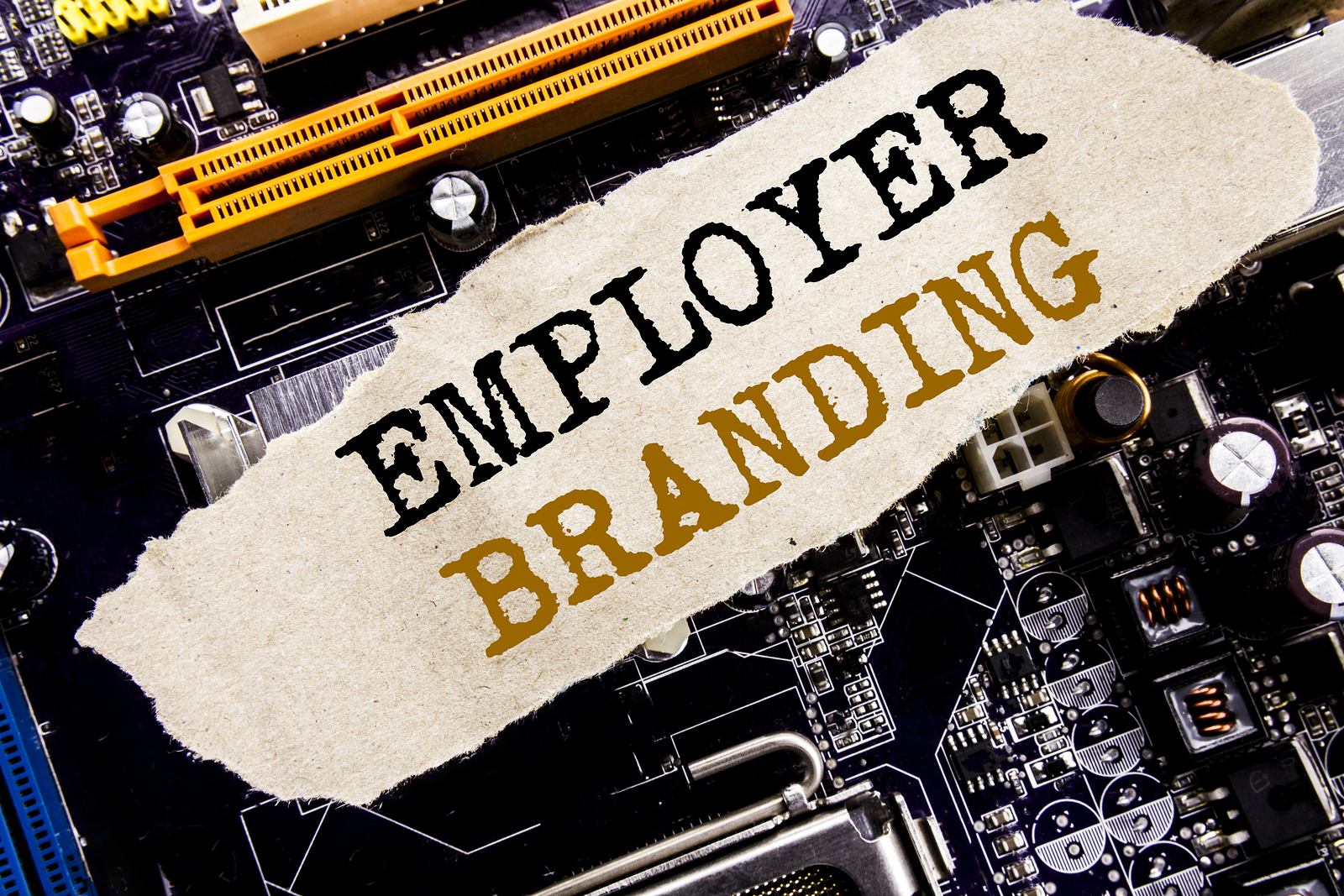
Employees Are Clients Too
Kelly Battelle, VP of People Operations at GumGum, looks at why companies should want the employee experience to mirror the client journey.
It’s easy for a company to say employees are its most valuable asset. But when the bottom-line looms, too often, decision-makers place the needs of their workforce secondary to other priorities. In a competitive marketplace, doing so can have a devastating impact on top talent retention, and in turn a company’s long-term success. That’s why all leaders, not just in human resources but across the board, can benefit from thinking of employees as clients—and then use every means necessary to ensure an excellent “client” experience.
Companies should want the employee experience to mirror the client experience not only because it helps talent retention, but also because employees will be more likely to deliver the best client experience if they are experiencing it themselves. To do so, HR professionals should draw inspiration from experts who know how to create an experience that draws clients in and keeps them coming back: Marketers. Throughout each stage of the HR “sales” cycle—acquisition, onboarding, and retention—strategies and perspectives should be borrowed from colleagues in marketing to ensure the highest quality experience for employees.
Employer Branding and Employee Engagement
It all starts with a company’s brand identity. How an organization represents itself visually must extend both internally and externally. As such, employee experience initiatives should be branded with the same care as client-facing initiatives. That means that when candidates stumble upon a company online or at a careers fair, they encounter the same messaging and branding every step of the way. Even though employment branding is ultimately the responsibility of talent acquisition, these teams should still work closely with marketing departments and use their branding expertise and refined understanding of the company’s brand identity.
Attention to the internal experience has to then continue once an employee is hired. That means new employees should experience their employer’s brand identity throughout the orientation process up until they arrive at their desk, where they should be given the same type of useful content and gifts that the marketing team gives to an external client. Marketers are experts at delivering fun, on-brand experiences—and that’s what an employee-as-client orientation experience should be. By treating an employee orientation with the same care shown to external clients, a company initiates new employees into their brand ethos rather than asking them to figure it out on their own.
Of course, securing high-quality candidates is only the beginning: A company has to keep them as well. So, in a way, the recruiting process can’t stop. Every company that’s doing a good job of treating their employees like clients has to continually ask themselves, ‘What differentiates us?’ and ‘How are our client’s experiencing us?’ and ‘What will give our clients the most ‘lift’?’ – exactly the questions that marketers are asking – and then produce content and experiences that highlight those differentiating characteristics.
If employees are truly a company’s most valuable asset, leadership has to create a culture that fosters an employee-as-client mindset at every turn. Thinking of employees as clients and curating their experience accordingly will pay dividends both for the people behind a brand and ultimately, the brand’s bottom line.
About the Author
Kelly Battelle is Vice President of People Operations at GumGum, a global technology and media company specializing in contextual intelligence. For over a decade, the firm has applied machine learning expertise to extract value from digital content for the advertising and sports industries. Their proprietary contextual intelligence engine uses computer vision and natural language processing technologies to scan text, images, and videos when evaluating digital content. To find out more, visit GumGum’s website: https://gumgum.com/
Enjoyed the article? Check out this recent HRchat interview
This post is supported by GumGum.
